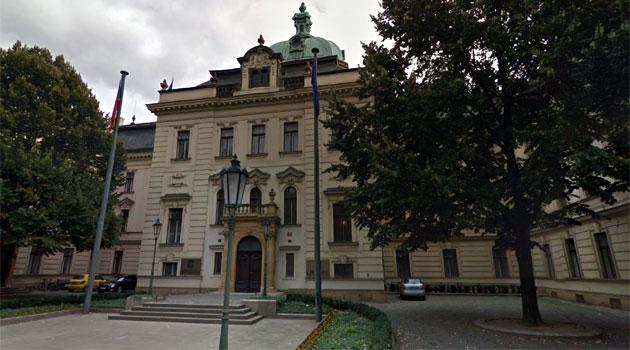In Czech Republic, those under collections proceedings will get another chance to pay what they owe without interest or penalties to publicly-funded creditors

Some who have been subjected to collections proceedings in the Czech Republic will again be given a chance to pay off their obligations interest-free and without being charged penalties after a law to that effect was signed by Czech President Miloš Zeman on 11 July and announced by Prague Castle. The reiteration of what is being called the “summer of mercy” will last for three months, beginning in September.
The law makes it more possible for people to pay what they owe to firms that are either entirely or partially owned by the state, as well as to other institutions that are publicly funded. The Chamber of Collections Agents has many reservations about the repetition of the summer of mercy.
The law covers all collections proceedings that began before 28 October 2021 for debts owed to bureaucracies, to firms owned by municipalities or by the state (whether entirely or partially), to health insurers, to local governments, to the public broadcasters Czech Radio and Czech Television, to public schools and to state-run funds, all of which could be more easily brought to an end by the law. The debtor has to communicate in writing with the collections agent and request that the “summer of mercy” rules be applied to their debt.
It will be possible to ask for an accounting of the amount of money that remains to be paid. Collections agents will have to answer within 15 days.
If that deadline is not met, the debtor can extend the applicability of the summer of mercy conditions. An across-the-board fee for the costs of the collections will be charged to the debtor of CZK 1,815 [EUR 74] inclusive of VAT.
The first summer of mercy was held between 28 October 2021 and 28 January 2022. Collections proceedings were closed if the debtor paid the original amount owed plus a fee of CZK 908 [EUR 37] to the collections agent.
All previously-charged fees, interest and penalties were forgiven. According to the background materials prepared for the bill on extending the summer of mercy, collections agents closed 42,000 proceedings during that time.
The Chamber of Collections Agents said the conditions could still apply to as many as 1.3 million more proceedings. According to those who initiated the law, this extension will be the last chance to settle debts in this way for many years to come.
Jan Mlynarčík, chair of the Chamber of Collections Agents, said previously that the “summer of mercy” was originally meant to be an exceptional, one-off event and that it should remain as such. “The repetition of the summer of mercy is something we accept as a decision of the legislature, but debtors will be less and less willing to pay off their debts as a result,” the chamber alleged in a press release.
Mlynarčík said the repetition of the event will once again mean an administrative burden on collections agents that will be heavy because the allowed payment to the agents for their work does not correspond to the rates scheduled. “Again, the creditors are not participating voluntarily, the law has simply abolished part of what they are owed,” Mlynarčík said.
